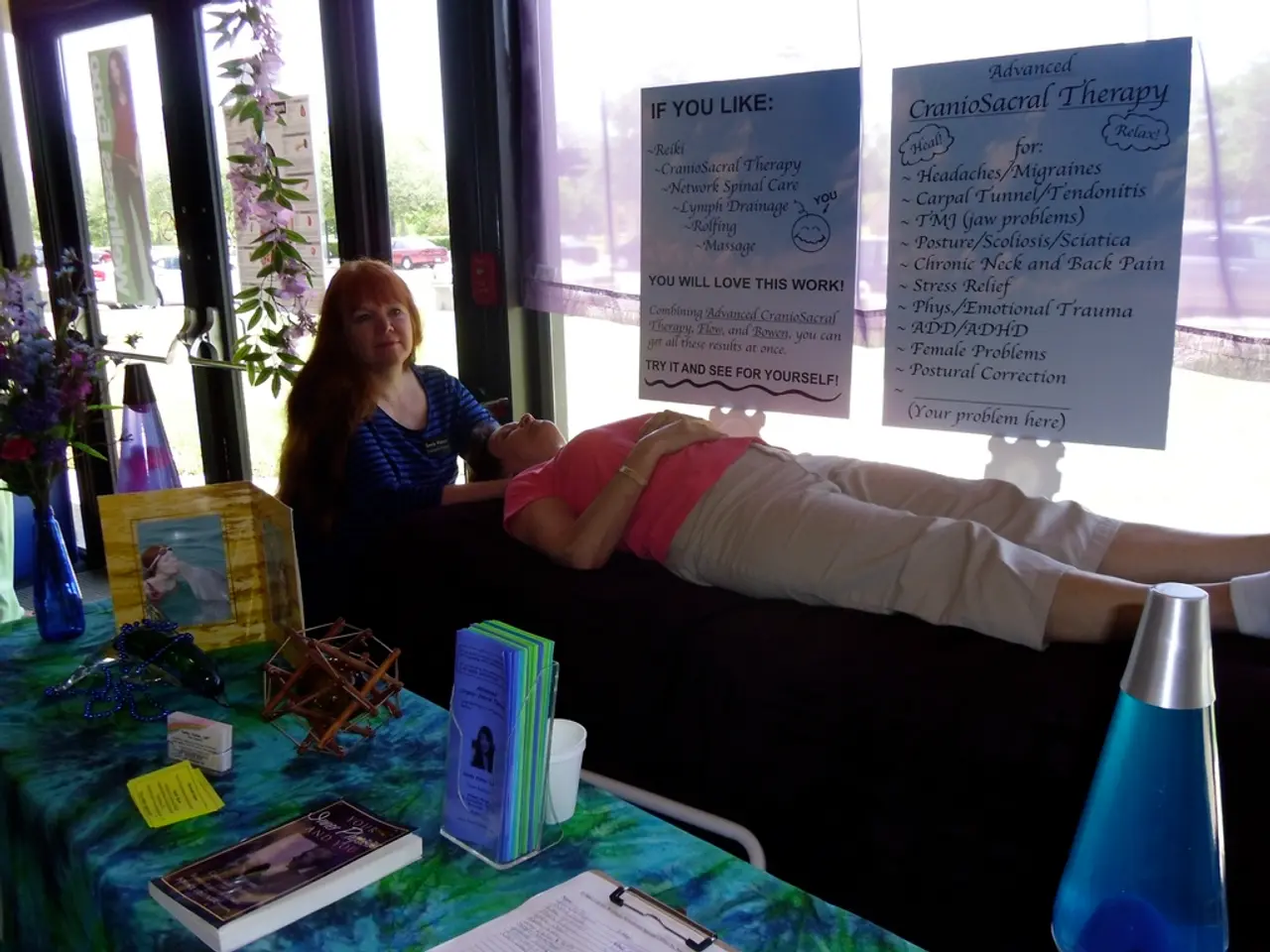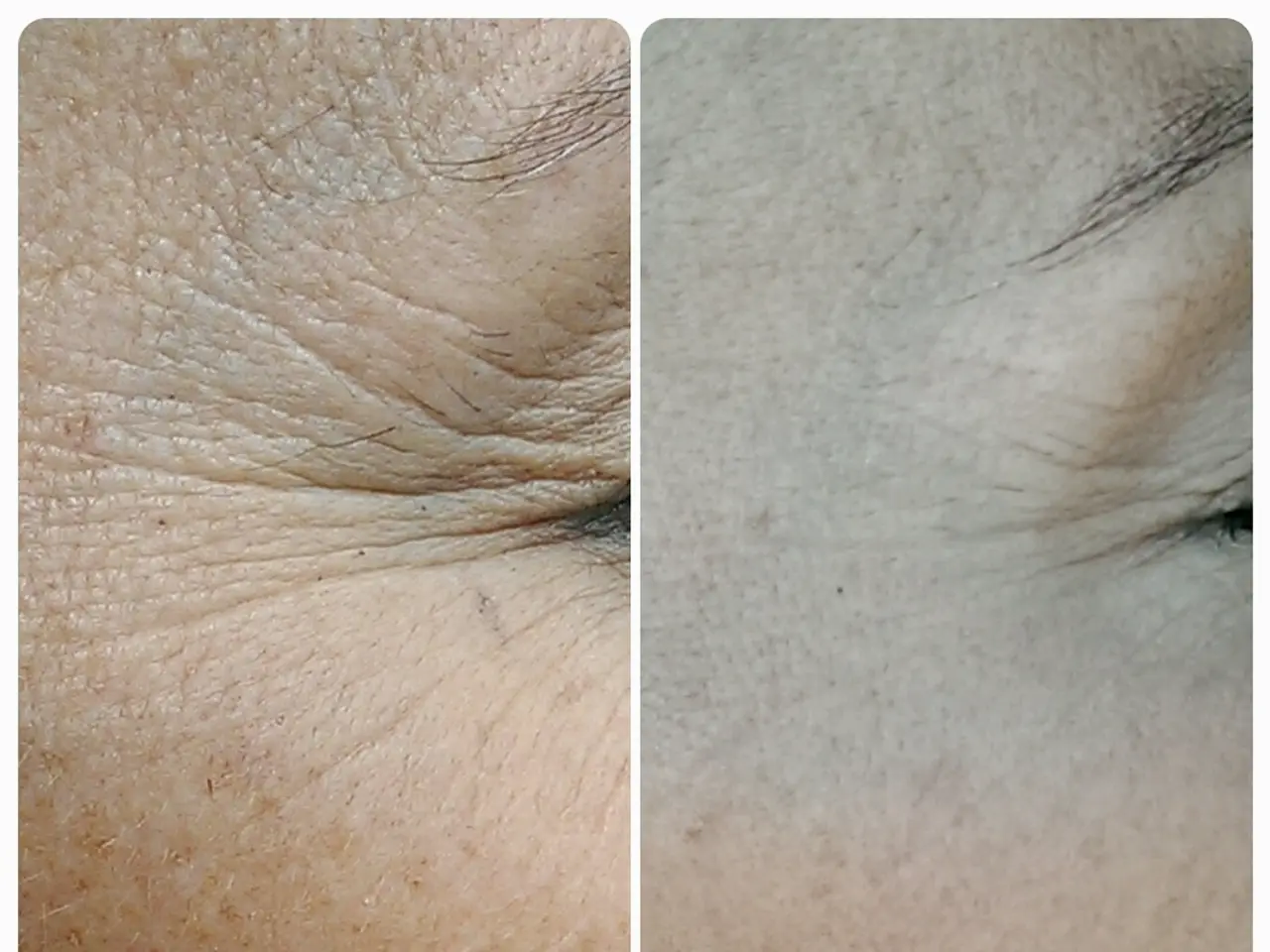Top 9 Standout TENS Units for Pain Relief
==================================================================
TENS (Transcutaneous Electrical Nerve Stimulation) units are battery-powered devices that can help manage pain for a variety of health conditions. These devices consist of a generator, lead cables, and sticky patches or electrodes.
TENS units are generally safe for most people, but it's essential to avoid placing electrodes on certain areas, such as the temples, front or sides of the neck, mouth, eyes, numb skin, irritated or broken skin, varicose veins, the chest and upper back simultaneously, and during pregnancy if they have a history of early miscarriage or a previous abortion.
TENS units can provide pain relief for people with conditions like arthritis, sciatica, period pain, and more. This noninvasive, nonaddictive pain relief option does not cause any side effects. However, it should not be used while driving, operating machinery, or in contact with water, such as bathing, showering, or swimming.
When using TENS units during pregnancy, the primary safety consideration is to consult with a healthcare provider before use. As they will determine if TENS is appropriate based on your specific health and pregnancy situation.
For pregnant individuals, it's recommended to use TENS devices specifically designed for childbirth, such as Babycare TENS, since they are tailored to pregnancy and labor needs, use larger pads, and have features like booster buttons for contractions. Start using TENS from around 37 weeks of pregnancy to familiarize yourself with the device, ideally before labor begins, and use it primarily during the early stages of labor.
Follow proper pad placement, usually on the back — two pads on either side of the spine at bra-strap level and two lower down near the dimples of the lower back. If electronic fetal monitoring is needed during labor, the TENS pads may need to be removed because they can interfere with monitoring signals. Maintain skin hygiene: keep skin clean and dry before applying pads, never share electrode pads with others, and disconnect the device before applying or removing pads.
Do not use ordinary (non-pregnancy-specific) TENS machines, as they might not have appropriate safety features or pad sizes for labor pain relief. TENS units may be used for acute and chronic pain resulting from various health conditions, such as peripheral artery disease, diabetic neuropathy, tendinitis, bursitis, arthritis, fibromyalgia, multiple sclerosis, sciatica, endometriosis, menstrual cramps, and chronic low back pain.
However, TENS units should not be used by people with a pacemaker, other electrical or metal implants, epilepsy, a heart condition, or an overactive bladder. People with heart disease, deep vein thrombosis, cancer, epilepsy, diabetes, cognitive and intellectual impairments, and pregnant individuals with complications in their current pregnancy should also avoid using TENS units.
TENS units are available without a prescription and for a wide range of budgets. When choosing a TENS unit, consider features like treatment modes, intensity levels, portability, timer, channels, power source, and EMS functions. Start using TENS units on lower settings and gradually work up, only using an intensity level with which you are comfortable.
In summary, TENS can be a safe and effective pain relief method during pregnancy and labor when used under medical advice, with pregnancy-specific equipment, proper pad placement, and attention to interference with fetal monitoring. For other health conditions, TENS units offer a noninvasive, convenient, and drug-free option for managing pain. Always consult a healthcare provider before starting any new pain relief treatment.
- TENS units are battery-powered gadgets that help manage pain for numerous medical-conditions, including psoriasis and atopic dermatitis.
- Obesity, colitis, and diabetes are among the health-and-wellness issues for which TENS units can provide relief.
- TENS units are not recommended for people with lung cancer or COPD, as well as those with other pain originating from heart disease, deep vein thrombosis, or cancer.
- Additionally, individuals with HIV, epilepsy, a heart condition, or an overactive bladder should also avoid using TENS units.
- Depression might be a side effect of chronic pain, but TENS units, as a predictive measure, can help manage the pain itself.
- Ulcerative colitis is a type of inflammatory bowel disease alongside other pain conditions that TENS units can alleviate.
- Science and technology have played significant roles in the advancement of TENS units, making them accessible without a prescription for a wide range of budgets.
- The science behind TENS is based on the stimulation of nerves to block the transmission of pain signals to the brain, offering a drug-free option.
- Healthcare providers should always be consulted before starting any new pain relief treatment, including the use of TENS units.
- Users of TENS units for pain relief should begin with lower settings and gradually work up to comfortable intensity levels.
- When choosing a TENS unit, it's important to consider features such as treatment modes, intensity levels, portability, timer, channels, power source, and EMS functions.
- Maintenance of proper pad placement, skin hygiene, and avoiding interference with fetal monitoring during pregnancy are essential when using TENS units specifically designed for childbirth.




